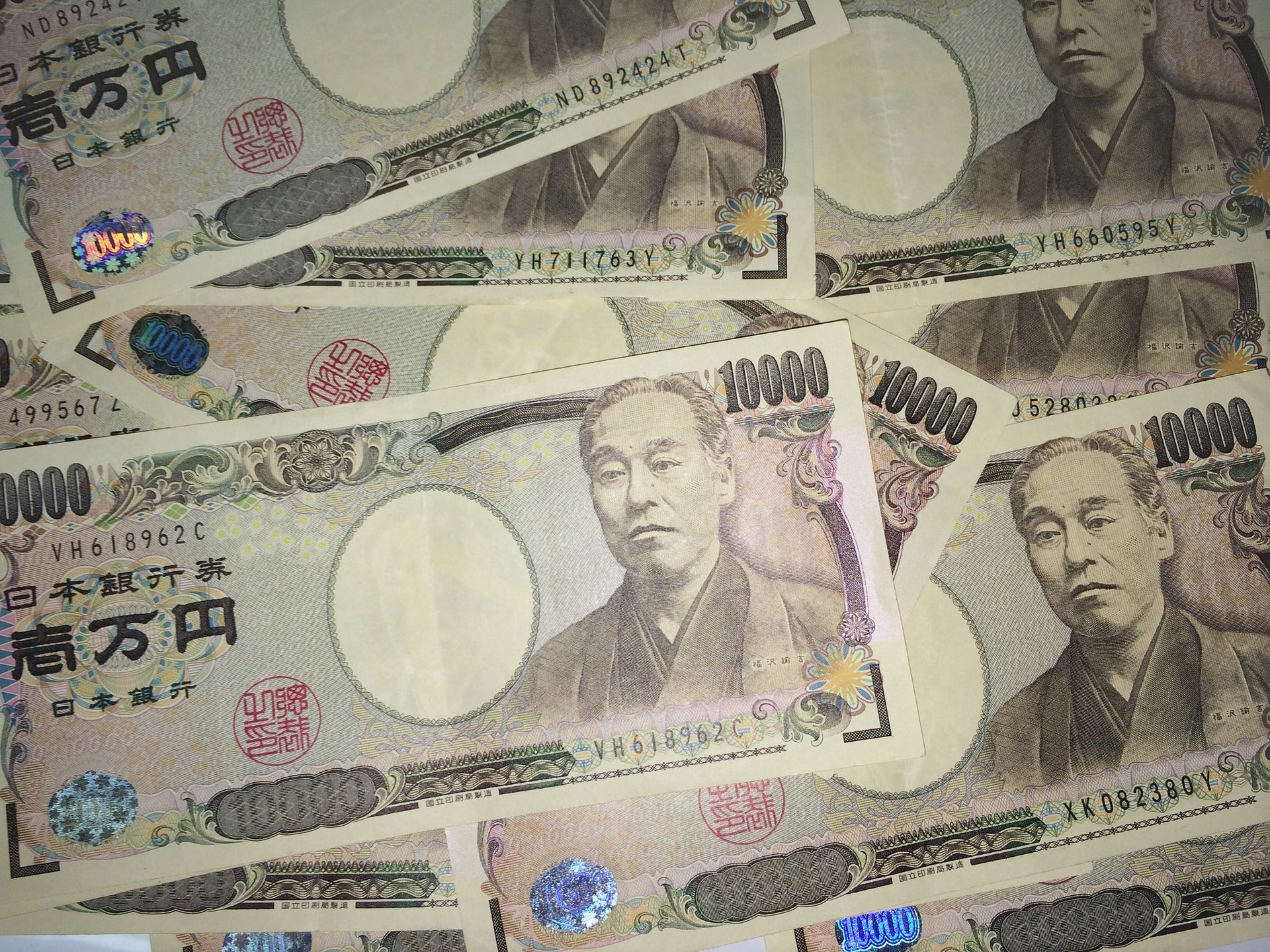
Japan Post Holdings’ insurance unit is reportedly set to repurchase up to 29% of its shares worth nearly $3.3bn (JPY358.9bn) as its parent dilutes its holding.
Japan Post Insurance will repurchase the shares at JPY2,203 apiece, reported Bloomberg.
The share buyback is expected to enhance capital efficiency and also improve shareholder returns.
Furthermore, it will support the privatisation of the postal service, the report noted.
At present, a privatisation law limits new product sales as well as merger activities at the firm. The curbs will reportedly be relaxed if the holding company’s interest reduces to 50%.
The share repurchase programme was expected by investors as Japan Post Insurance builds its business following a sales scandal.

US Tariffs are shifting - will you react or anticipate?
Don’t let policy changes catch you off guard. Stay proactive with real-time data and expert analysis.
By GlobalDataThe improper sales practices for which Japan Post Insurance came under the scanner was a means to gain incentives.
The company admitted to having charged double premiums for life insurance policies from thousands of customers between April 2016 and December 2018.
According to reports, some employees of the firm did not cancel old policies due to which the insureds had to pay premiums for both the new as well as the old insurance plans.
In order to gain full sales incentives based on the number of insurance contracts, some employees intentionally did not cancel the old contracts, according to reports.
Several leadership changes at the firm followed soon after the scandal.






